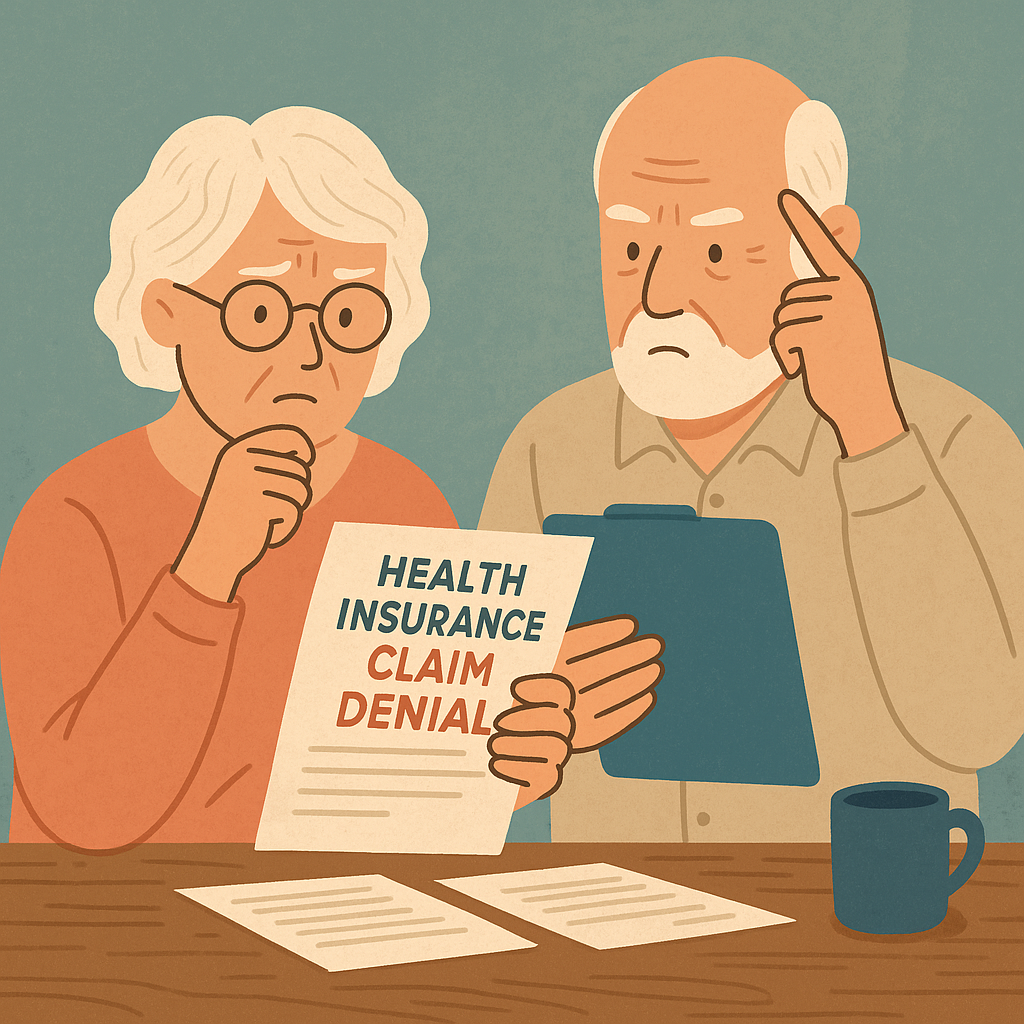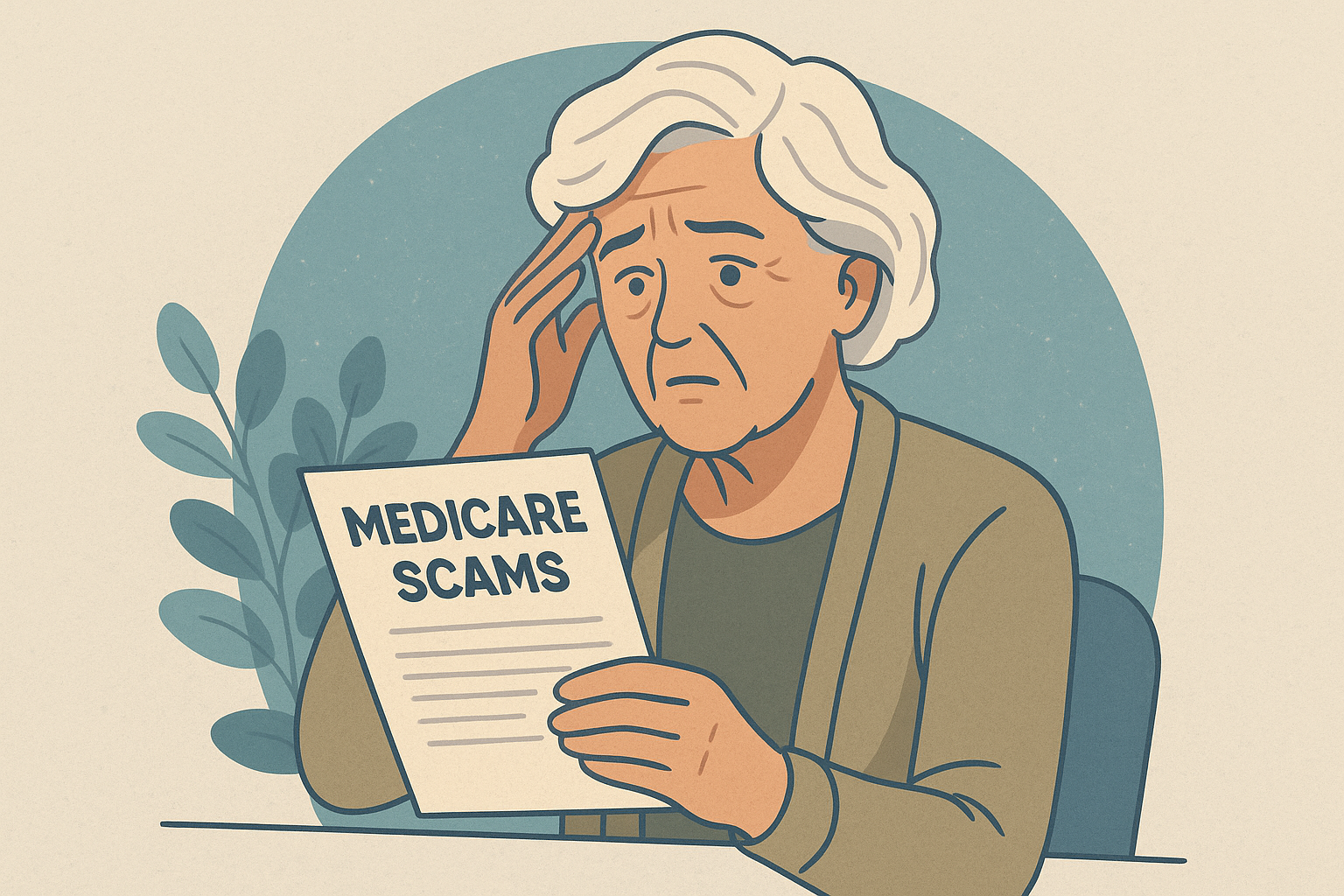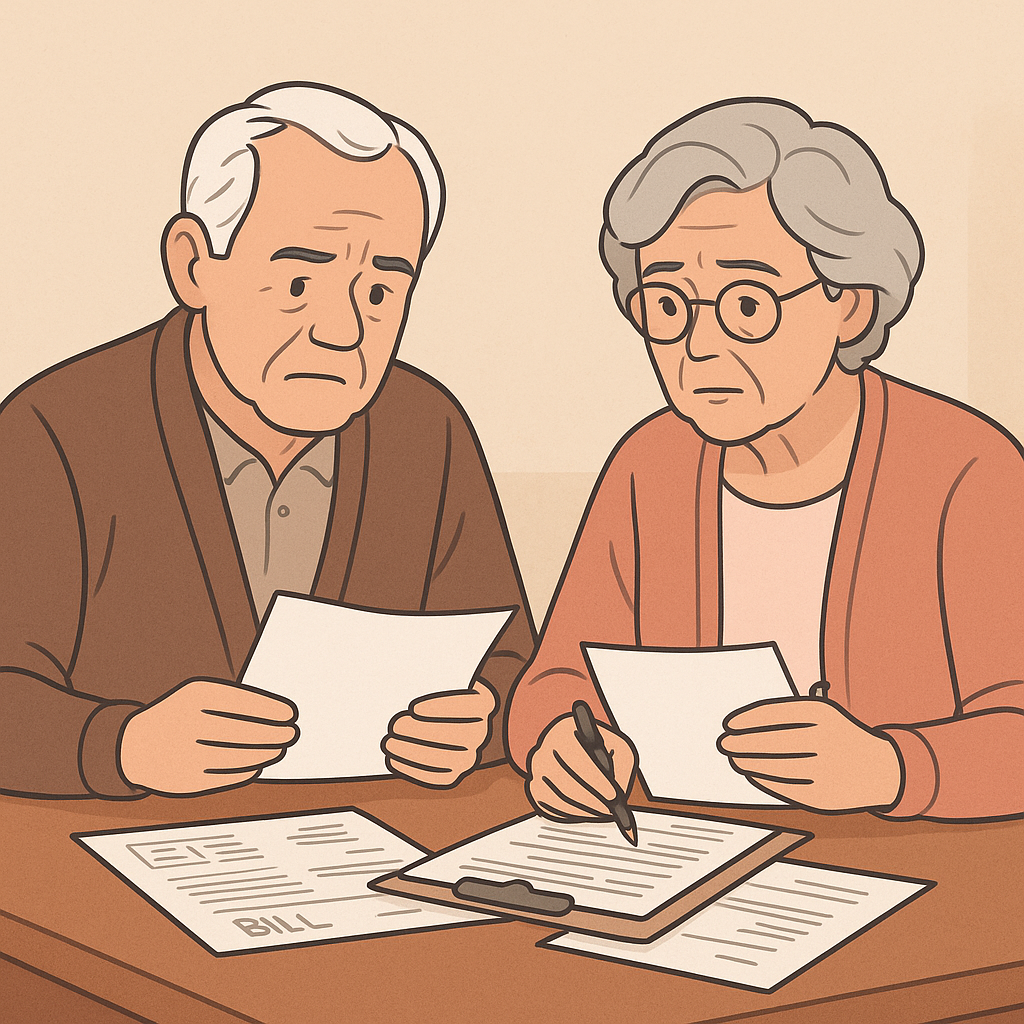Health insurance claim denial is a frustrating reality for millions of Americans, often leading to unexpected bills and delays in care. Whether your claim was denied after treatment or your insurer refused to authorize care in advance, understanding the cause is the first step toward fixing the issue.
According to recent data from KFF, nearly 1 in 5 insured adults experienced a claim denial in the past year. Denials are especially common with private health insurance plans, whether obtained through an employer or a state marketplace. But here’s the good news: many denials can be appealed — and reversed.
In this guide, we’ll break down the most common reasons for a health insurance claim denial and exactly what you can do about it.
1. Paperwork Errors
Typos in your name, wrong policy numbers, or incorrect billing codes can all result in an immediate rejection. These are often clerical mistakes and are usually fixable with a corrected claim submission.
2. Medical Necessity Disputes
Your insurer may believe the service wasn’t medically necessary. This could mean:
-
They don’t believe you needed the service, or
-
You haven’t provided enough documentation to justify it
Appeals often require a letter from your doctor explaining the medical need in detail.
3. Cost Control Tactics (Step Therapy)
Some insurers will deny your request unless you try a cheaper option first. This is common with prescription drugs and treatments. If the lower-cost option fails, your plan may then approve the original service. Your provider can often fix clerical issues or coding problems that led to the denial — especially if it was due to common medical billing errors.
4. Service Not Covered by Your Plan
Your plan may exclude the service altogether. This is typical with:
-
Cosmetic procedures
-
Fertility treatments
-
Experimental treatments not FDA-approved
-
Alternative care like acupuncture or chiropractic (depending on state or plan type)
If you’re on a short-term, fixed indemnity, or faith-based plan, even basics like mental health or maternity care might not be covered.
5. Out-of-Network Care
If you see a provider outside your plan’s network, your claim may be denied. HMO and EPO plans often do not cover out-of-network care (except in emergencies). PPO and POS plans usually do, but at a higher out-of-pocket cost.
Even with coverage, balance billing may occur — when a provider charges you the difference between their rate and what your insurer pays. The No Surprises Act protects against this in emergencies, but not for ground ambulance services or knowingly choosing out-of-network care.
6. Missing Details in the Claim
Claims need to clearly justify the service. If your provider didn’t submit proper documentation (like symptoms, history, or test results), the insurer may deny it for lack of information.
7. Not Following Plan Rules
If your plan requires pre-authorization and you skip that step, the claim can be denied even if the treatment was medically necessary. Always verify:
-
If you need prior approval
-
Whether the provider is in-network
-
If step therapy applies
What to Do if You Receive a Health Insurance Claim Denial
Getting denied doesn’t mean it’s over. Here’s what you can do:
1. Read the Denial Letter Carefully
Understand why the claim was denied — it should be stated clearly.
2. Call Your Insurer
Ask for a detailed explanation. Sometimes it’s a simple fix.
3. Contact Your Provider’s Office
They often handle appeals and may resubmit with better documentation.
4. File an Internal Appeal
All ACA-compliant plans must provide instructions for this. Keep records of every step, date, and person you speak with.
5. Request an External Review
If your internal appeal fails, you may request an external review by a third party. This is available under the Affordable Care Act for non-grandfathered plans.
When to Pay and When to Fight
If you can afford the service and want it regardless, you may choose to pay out-of-pocket. But if the denial was incorrect, unfair, or based on missing information, you have the legal right to appeal.
And remember — many denials are overturned when patients appeal with additional documentation. Don’t leave money on the table.
To learn more about your appeal rights, visit the CMS External Review Process page — a government resource that outlines your protections.






